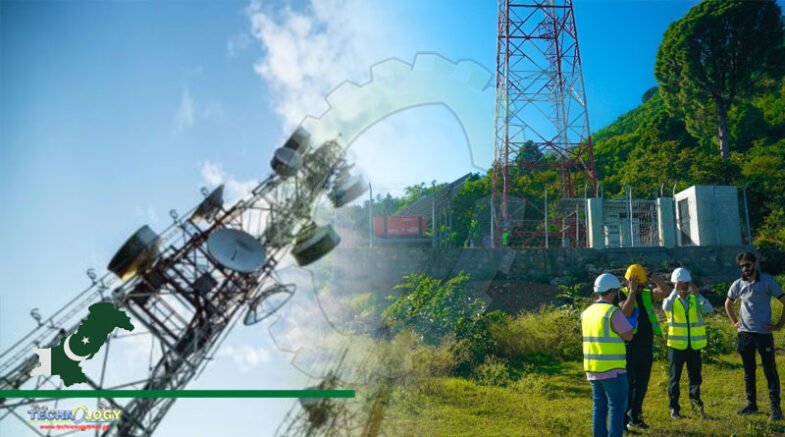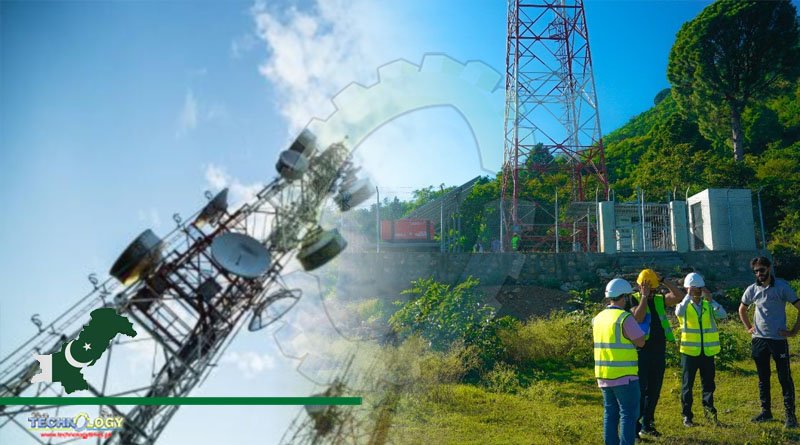Worse is the elite capture of Internet governance narratives and a highly partisan approach, leading to lack of trust among various stakeholders.

Internet governance conversations in Pakistan are disjointed and chaotic – they are confused, partisan, politically charged and most important, a product of limited understanding and even limited willingness to open to exchanges that are out of the comfort zones of a select few.
When we talk about Digital Pakistan, deliberations on urban startup tech ecosystems, digital campaigns, online expressions and freedoms in silos will not help.
Consolidation and then prioritising of Internet governance conversations is very critical as policymakers and regulators struggle with time and capacity issues, civil society with financial and perception limitations and users with information asymmetry.
Worse is the elite capture of Internet governance narratives and a highly partisan approach leading to lack of trust among various stakeholders.
First and foremost, the only prioritised actions around the internet in Pakistan should be around connectivity – meaningful connectivity for all.
Any emerging economy without a robust digital public infrastructure might as well bid goodbye to progress, technological innovation and economic success. Resilient societies are built on access and freedoms and universal access is probably the most important strategy that any emerging economy needs to focus on.
Doreen Bogdan-Martin, the newly elected Secretary General of the International Telecommunication Union (ITU) and also the first woman to hold the office in ITU’s 157-year-old history, pledged meaningful connectivity as her key goal.
In Pakistan, while our online spaces are full of vitriol and vile around political and highly partisan debates, the mainstream discourse and center stage work should be about rural-urban digital divides, gender divides and access and affordability.
Luckily, Pakistan is one of the countries in the world to have a Universal Service Fund (USF) – a system designed to fund access and affordability of communications in low-income regions.
Initially, universal access (UA) was measured by teledensity and access to telecommunications while now access to the internet is achieved through the affordable telecommunications networks, thus making them a fundamental requirement for internet access.
However, there are several additional factors involved in enabling and, as mentioned earlier, meaningful internet access. These include individual capabilities, social and economic factors as well as influences which are inherent to communications networks.
Also, not to forget regulatory measures to encourage private sector investment for areas of true access gap as well as government planning and allocations for investing in national internet backbones.
Amidst the turmoil and angst – economic, political and social, USF is running a robust connectivity plan to bridge Pakistan’s connectivity and digital divide.
Working with more than 4,500 telecom sites across 130 districts and catering to more than 63 million underserved and unserved people, the work of USF has more meaning and more impact than any initiative that we see around us for Digital Pakistan.
Run as an efficient public sector company, with a competent, motivated team and supported by leading telecoms, USF is reaching out to the length and breadth of Pakistan.
Providing connectivity, imparting skills, setting up access centres, forging partnerships and most importantly giving hope without any agenda are the several interventions that are setting the ground for a meaningfully connected and equitably accessible Pakistan.
Rural broadband and affordability are issues still prevalent even in high-income economies like the United States but in emerging economies like Pakistan, beyond the urban centres, policy regarding rural broadband is either incomplete or inadequately implemented.
Probably using existing organisations like USF and others to go deeper and more meaningfully will help while also saving costs on duplication of efforts.
Despite funding and even security concerns in some areas, the citizens of Pakistan deserve to be connected in a world where development divides will be starker if the digital divide is not bridged as a top priority. If anything that needs to be supported fully and without any partisan approach it is universal access.
Tim Berners Lee, the father of the worldwide web who transformed the internet from a document management system to a system that now connects the world, called the web more of a social creation than a technical one.
It was always meant to connect societies and people with inclusion and social constructs in mind. The divides – development and digital – are taking away from the real reason the www was conceptualised and created.
Connect people and let them take advantage of the opportunities that internet offers, let them learn from the mistakes made and let the inclusive, all-encompassing policy, regulation and management conversations flow.
If not, the existing divides that we see today from the human development perspective will not just expand but also become dangerous due to extreme marginalisation and deprivation in an already polarised world. Connectivity first, everything else will follow.
Originally published at The Express Tribune
